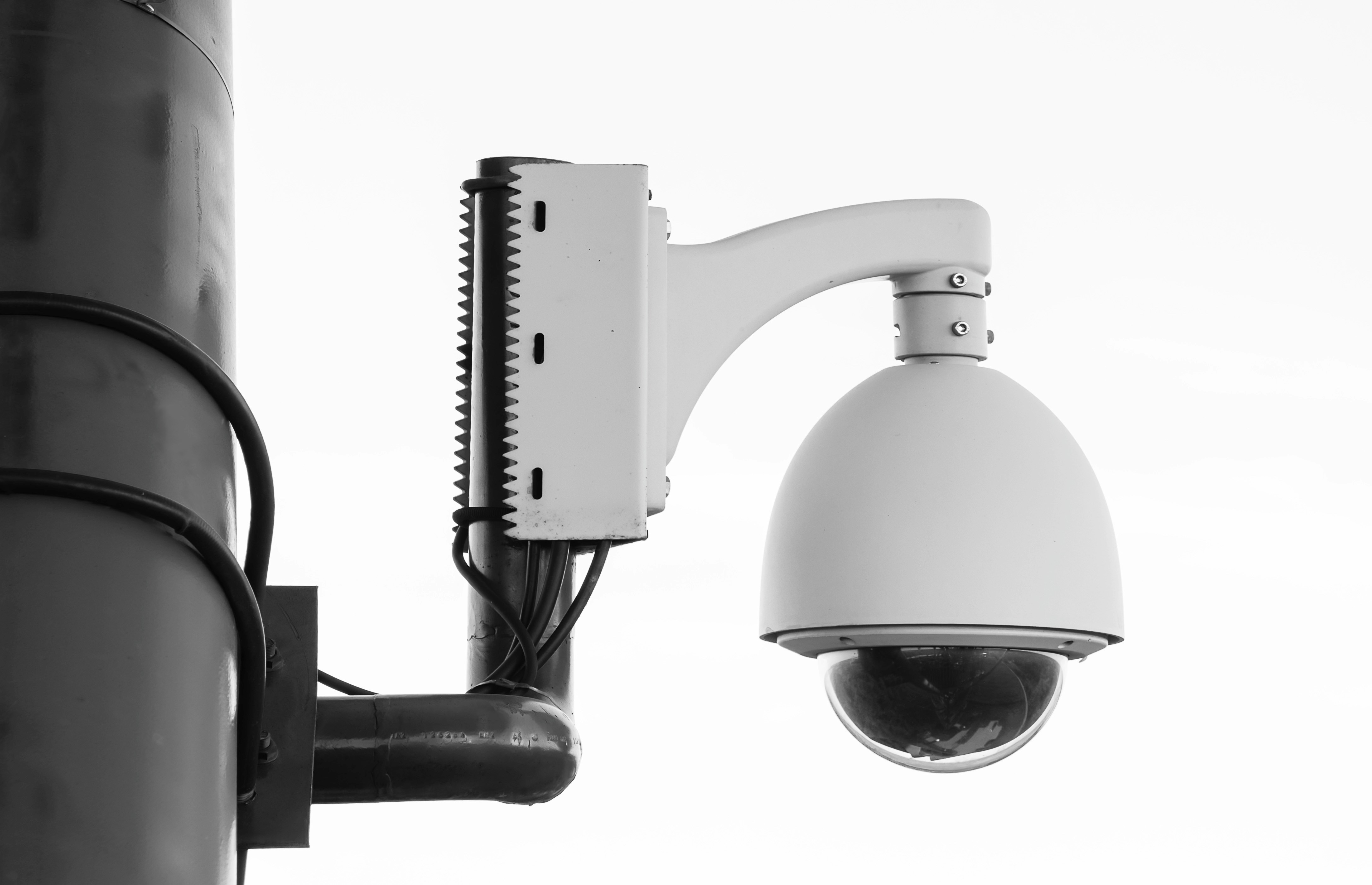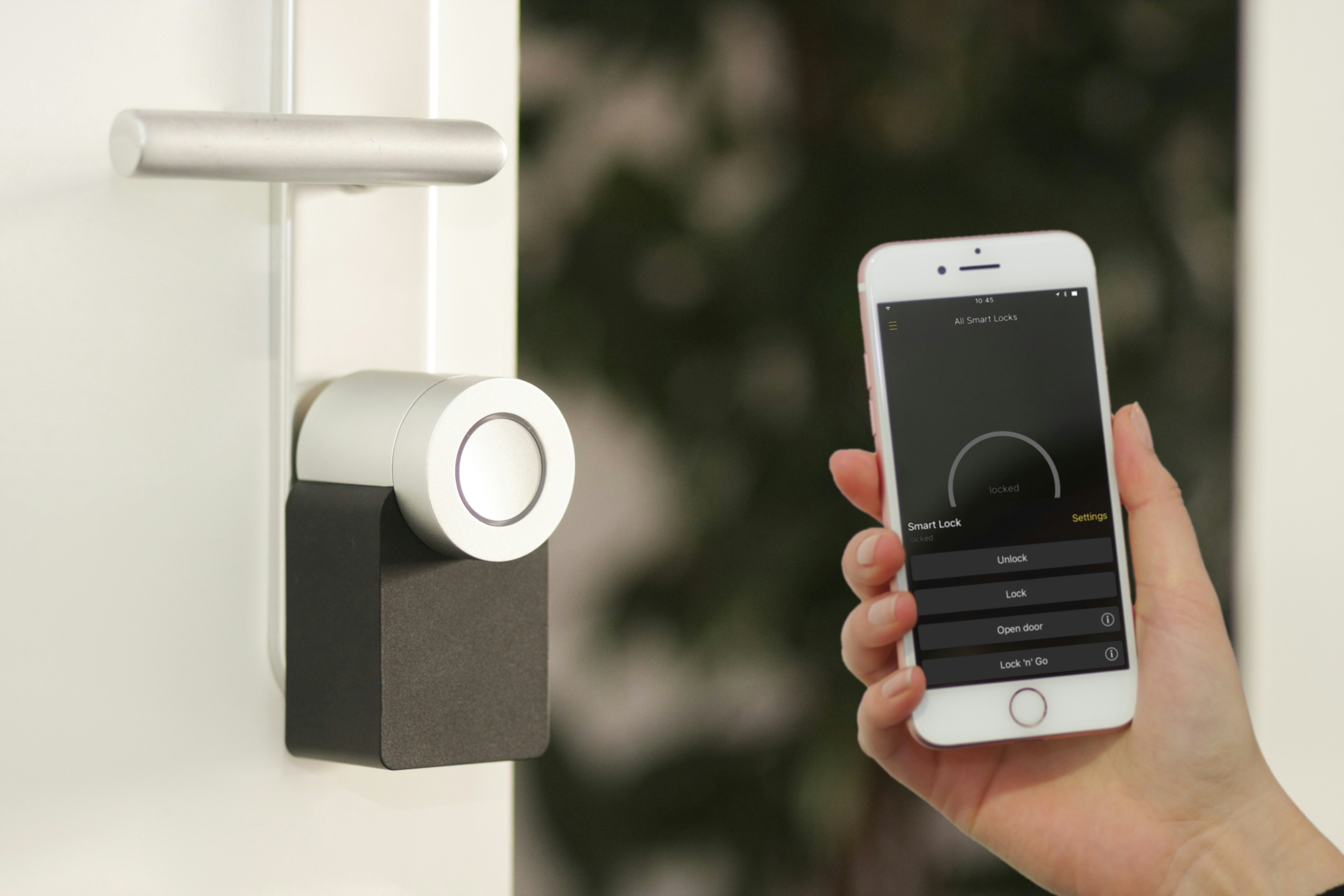There are many options available when it comes to selecting a security camera system. The two most common types of cameras are dome cameras and bullet cameras, both of which are ideal for residential and commercial use. Each type of camera has pros and cons, and subtle differences, including shape, installation, and their field of view. Take a look at the differences between dome and bullet cameras so that you can make a more informed decision about the best security set up for your needs.
As a business customer shopping for the best-fit security system for your school, the best way to make an informed decision is to use a comprehensive comparison guide from one of the top providers of enterprise building security. Verkada outlines the difference between dome vs bullet camera security systems, including the advantages and disadvantages of each.
Having an understanding of the field of view, ease of installation, durability, and covert and overt security uses, will help you choose the best option for maintaining the security of your school and students. A free consultation with a security camera expert can help you determine the best-fit camera for your needs, and provide a security assessment and quote based on your school’s floorplan.

What is a Dome Camera?
As the name suggests, a dome security camera has a circular, dome shape that encases the security camera itself. Dome security cameras can be installed outdoors, but are popular for indoor use, due to their discrete design and ability to blend in with surroundings. The transparent protective dome makes it difficult to know where the security camera is pointing, and since the camera lens is protected, dome cameras are durable and vandalism-resistant. The dome shape allows you to monitor a wider angle as the lens moves around, however, changing the field of view requires remounting the camera.

What is a Bullet Camera?
Bullet cameras are known for their cylindrical, bullet shell-like shape, sometimes giving them the name of lipstick cameras. Bullet security cameras are a visible deterrent for thieves and one of the most common types of cameras. The overt security of bullet surveillance cameras deters vandals, making them ideal for indoor and outdoor use. Bullet cameras have a longer range which is perfect for monitoring large areas such as backyards and parking lots. A mounting handle makes bullet security cameras easy to install, and they feature a small lip to reduce glare. Once installed the camera lens can be easily positioned to your desired viewing area.
Both dome cameras and bullet cameras are considered durable, however, dome cameras tend to last longer due to the camera lens protection given by the dome cover. Both are capable of night vision, and both cameras include a light. Either type of camera can run continuously for approximately two years before the light needs to be replaced. Both cameras have wireless surveillance options that allow you to view footage at any time from anywhere. Running wires can add additional installation costs, but the actual security cameras themselves cost more or less the same to purchase.

Not all electricity providers are equal, which means you could be paying more on your electric bill than you should. You could be missing out on a better electric rate from a different electric provider without even realizing it. At iSelect.com.au you can shop around for energy providers in your zip code, and quickly and easily land a great rate on your electric utility bill.
When determining the right energy company for your direct energy needs, it’s important to know what the different peak and off-peak rates are, the supplier’s energy rating, contact duration, and whether there is an early termination fee for switching to a new provider. Stop paying too much for your electric service and make the switch to an electric company that works for you.
Now that you have an understanding of the difference between dome and bullet cameras, choosing the best security system depends on your need for covert or overt security.



